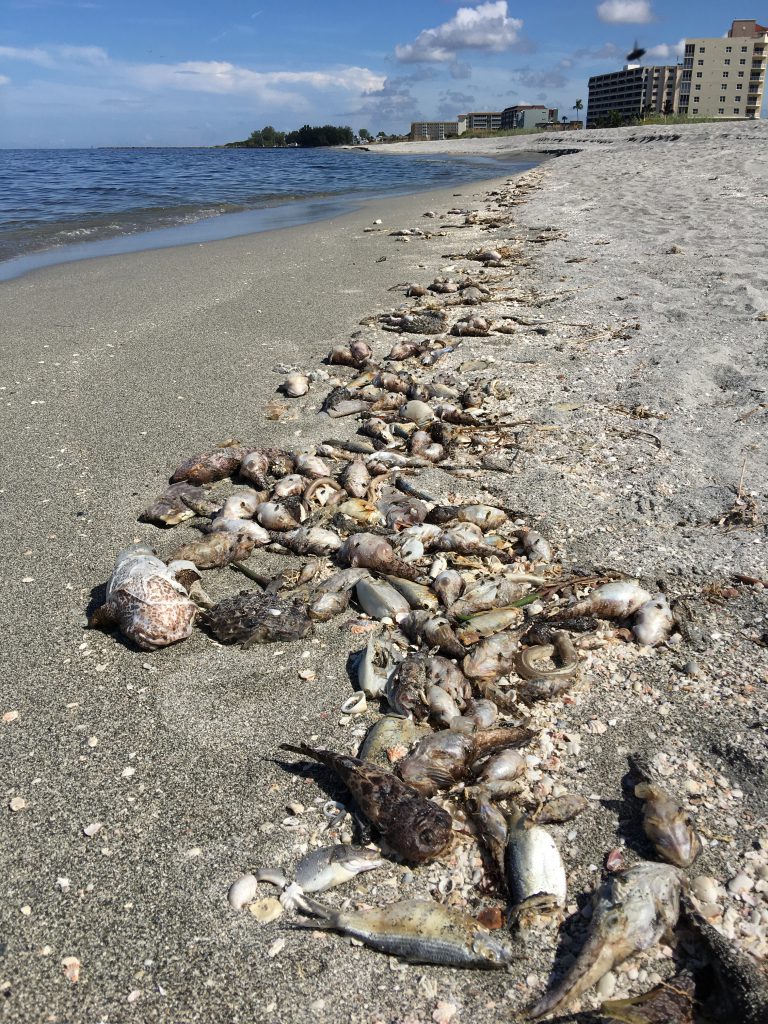
The NCCOS Competitive Research Program (CRP) is pleased to announce its Fiscal Year 2020 Federal Funding Opportunities (FFOs) for its National Competitive Harmful Algal Bloom Programs.
Proposals for funding will be accepted for the Prevention, Control and Mitigation of Harmful Algal Blooms (PCMHAB) program, which encompasses the Harmful Algal Bloom (HAB) Socioeconomic program. NCCOS CRP will be hosting an overview and Q&A webinar on October 29 from 2-3pm EDT. The deadline for Letters of Intent for both programs is November 11, 2019, and for full applications is January 10, 2020.
This FFO will support the development, improvement and implementation of new and innovative prevention, control and mitigation technologies and strategies to help address the ever growing HABs issue in every state, in addition to supporting the socioeconomic research that assesses the impacts of HAB events. This increased understanding of the ocean, coasts, and Great Lakes directly benefits the management of U.S. coastal and ocean resources, and helps NOAA, other Federal agencies, and state, tribal, and local governments achieve their stewardship responsibilities.
These programs expect to fund up 6 projects at the level of $200,000 to $400,000 per year per proposal, for up to three years in duration. In addition, 1-2 large projects up to 4 years in duration are expected to be funded under PCMHAB at approximately $600,000 per year per proposal. Competitive proposals should meet one or more of the following priorities:
For PCMHAB Research:
- Research on technologies or approaches that eliminate or reduce the levels of harmful algae and their toxins
- Research on technologies or approaches that mitigate HABS and their impacts
For HAB Socioeconomic Research:
- Research that helps:
- assess the economic, public health, and sociocultural impacts of HAB events on local and regional scales, and facilitate comprehensive and coordinated data collection and storage across affected sectors and communities
- assess the sociocultural impacts of HAB events at local and regional scales
- determine the economic impacts of HAB events at local and regional scales
- quantify the vulnerability of actual and potential HAB-affected communities to sociocultural and economic impacts of HAB events
- measure the economic benefits of HAB forecasts and early warning
The full FFOs can be found here.
Register for the webinar here.
